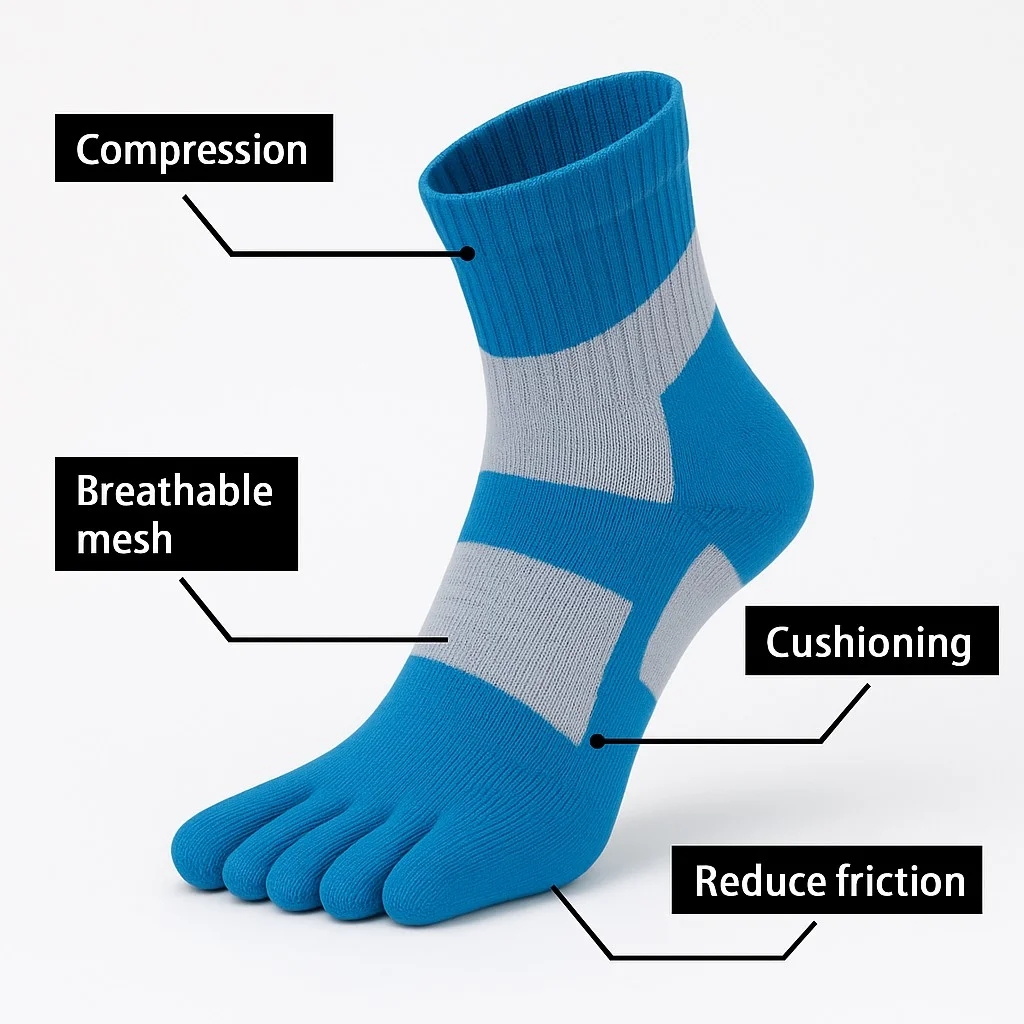Unveiling the Ultimate Skin-Friendly Fabric: Decoding the Best Material for Your Skin
When it comes to clothing, we often prioritize style and comfort. However, have you ever considered the impact of the fabric you wear on your skin? The right choice of material can make a significant difference in terms of skin health, breathability, and overall well-being. In this blog post, we will delve into the world of fabrics and explore the best material to wear on your skin, ensuring both comfort and skin-friendly benefits.
- Cotton: The Timeless Champion
Cotton, a natural fiber derived from the cotton plant, has long been hailed as one of the best materials for skin. Its breathability, moisture-wicking properties, and hypoallergenic nature make it a go-to choice for individuals with sensitive skin. Cotton allows air circulation, preventing sweat buildup and reducing the risk of skin irritation. Additionally, it is versatile, durable, and readily available, making it a staple in our wardrobes. - Bamboo: The Eco-Friendly Marvel
Bamboo fabric, derived from the bamboo plant, has gained popularity in recent years due to its sustainable and skin-friendly properties. This fabric boasts excellent moisture-wicking abilities, keeping your skin dry and comfortable. It is also naturally hypoallergenic and antibacterial, making it an ideal choice for those prone to allergies or skin sensitivities. Furthermore, bamboo fabric offers UV protection, making it a great option for outdoor activities. - Silk: The Luxurious Delight
Silk, known for its luxurious feel and lustrous appearance, is not only a symbol of elegance but also a skin-friendly fabric. Its smooth texture reduces friction against the skin, minimizing the risk of irritation and wrinkles. Silk is also naturally temperature-regulating, keeping you cool in summer and warm in winter. Moreover, silk contains natural proteins that can help moisturize and nourish the skin, promoting a healthy complexion. - Linen: The Breezy Companion
Linen, made from the fibers of the flax plant, is a lightweight and breathable fabric that is perfect for hot and humid climates. Its moisture-absorbing properties allow sweat to evaporate quickly, keeping your skin dry and cool. Linen is also hypoallergenic and antimicrobial, making it suitable for sensitive skin. Additionally, linen's durability and natural resistance to pilling ensure that your garments will stand the test of time. - Merino Wool: Nature's Performance Fabric
Contrary to common belief, not all wool is scratchy and irritating to the skin. Merino wool, derived from Merino sheep, is an exception. It is incredibly soft, lightweight, and breathable, making it an excellent choice for base layers and activewear. Merino wool has natural moisture-wicking properties, ensuring that your skin stays dry and odor-free. It also regulates body temperature, keeping you comfortable in various weather conditions.
Conclusion:
Choosing the best material to wear on your skin involves considering factors such as breathability, moisture-wicking abilities, hypoallergenic properties, and comfort. While cotton remains a timeless favorite, fabrics like bamboo, silk, linen, and merino wool offer unique benefits that cater to different needs and preferences. By opting for skin-friendly fabrics, you can enhance your overall well-being and enjoy the utmost comfort throughout the day. So, next time you shop for clothing, remember to prioritize your skin's health and indulge in fabrics that truly care for you.
